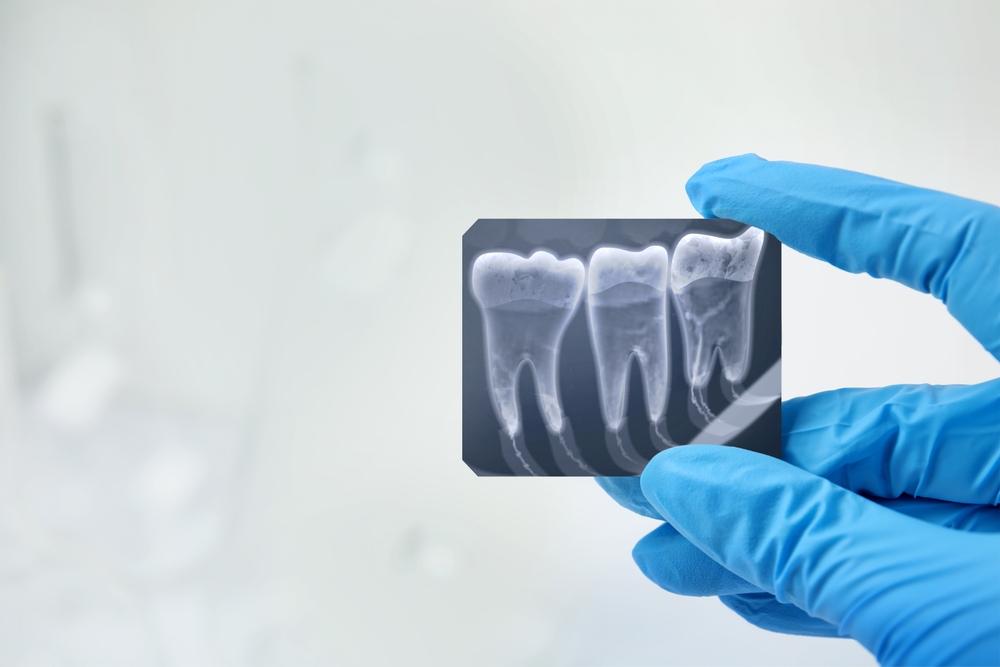As a parent, safeguarding your child’s dental health ranks high on the priority list. You might wonder why some children are more prone to cavities despite maintaining a good oral hygiene routine. This leads to the question: Are cavities genetic? This blog from Medical Arts Dentistry in GA explores the hereditary factors involved in dental health and provides insights to help you better manage your child’s oral care.
The Genetic Link to Cavities
Cavities, also known as dental caries, are areas of permanent damage on the hard surfaces of teeth that develop into tiny openings or holes. While poor dental hygiene, sugary snacks, and not enough fluoride are well-known culprits behind cavities, genetics also play a crucial role.
Genetic Influence on Tooth Enamel
The strength and composition of tooth enamel, the protective outer layer of the teeth, are significantly influenced by genetics. Enamel is the first defense against cavities, and its resilience varies from person to person. Some individuals inherit softer enamel, which is more susceptible to the acids produced by bacteria in the mouth that cause tooth decay.
Saliva Production and Composition
Saliva does more than just keep our mouths moist; it helps neutralize acids and repair early tooth decay. Genetic factors can influence how much saliva we produce and its quality. People who produce less saliva or whose saliva lacks certain antibacterial properties may be more at risk of developing cavities.
The Shape and Alignment of Teeth
Genetically determined characteristics such as the shape and alignment of teeth can also affect cavity formation. Teeth that are tightly spaced or crooked can trap food particles and are harder to clean, which increases the risk of cavities.
Other Contributing Factors
While genetics can make some individuals more prone to cavities, environmental factors and lifestyle choices play a substantial role as well.
Dietary Habits
The types of foods and drinks children consume have a significant impact on their dental health. Frequent consumption of sugary and acidic foods can lead to the erosion of tooth enamel and promote cavity formation.
Oral Hygiene Practices
Regular brushing and flossing remove plaque and food particles from the teeth and gums. Inadequate oral hygiene can lead to cavities, regardless of genetic predisposition.
Fluoride Exposure
Fluoride strengthens the teeth and helps prevent dental decay. Lack of adequate fluoride, whether from not using fluoride toothpaste or not drinking fluoridated water, can increase the risk of cavities.
What Can Parents Do?
Understanding the genetic aspects of cavities can be helpful, but it’s essential to focus on what you can control. Here are several strategies to help protect your child’s teeth:
Establish Good Oral Hygiene Early
Teach your child to brush at least twice a day with fluoride toothpaste and to floss regularly. This routine should start as soon as your child’s first tooth appears.
Monitor and Moderate Sugar Intake
Limit sugary snacks and drinks, and encourage healthier alternatives like fruits, vegetables, and water. Be mindful of hidden sugars in processed foods and fruit juices.
Regular Dental Checkups
Professional dental care is crucial in maintaining oral health and preventing cavities. Regular checkups allow early detection and treatment of dental issues before they become severe.
Consider Dental Sealants
Dental sealants are protective coatings applied to the chewing surfaces of the back teeth (molars), where decay often starts. Sealants can significantly reduce the risk of cavities in children.
Stay Informed and Proactive
Keep yourself educated about the latest in dental care and discuss any concerns with your dentist. If you know your family has a history of dental issues, share this with your dental care provider, as they might suggest more frequent check-ups or preventative treatments.
Medical Arts Dentistry Is Your Dental Care Provider
While genetics can influence the likelihood of developing cavities, they don’t seal one’s fate. By understanding the hereditary factors and combining this knowledge with effective dental care practices, you can significantly minimize your child’s risk of cavities and promote a lifetime of healthy smiles.
At Medical Arts Dentistry, we are dedicated to the long-term dental health of Garden City, Richmond Hill, and the surrounding Savannah communities. We offer family dentistry for children and seniors, athletic mouthguards, dental sleep medicine, as well as treatments for TMJ and orofacial pain. If you’re ready for a regular check-up and professional cleaning, or a consultation about our other cosmetic dentistry options or dental restoration treatments, call 912-355-0605 for our Savannah location and 912-921-0401 for our Georgetown location.

